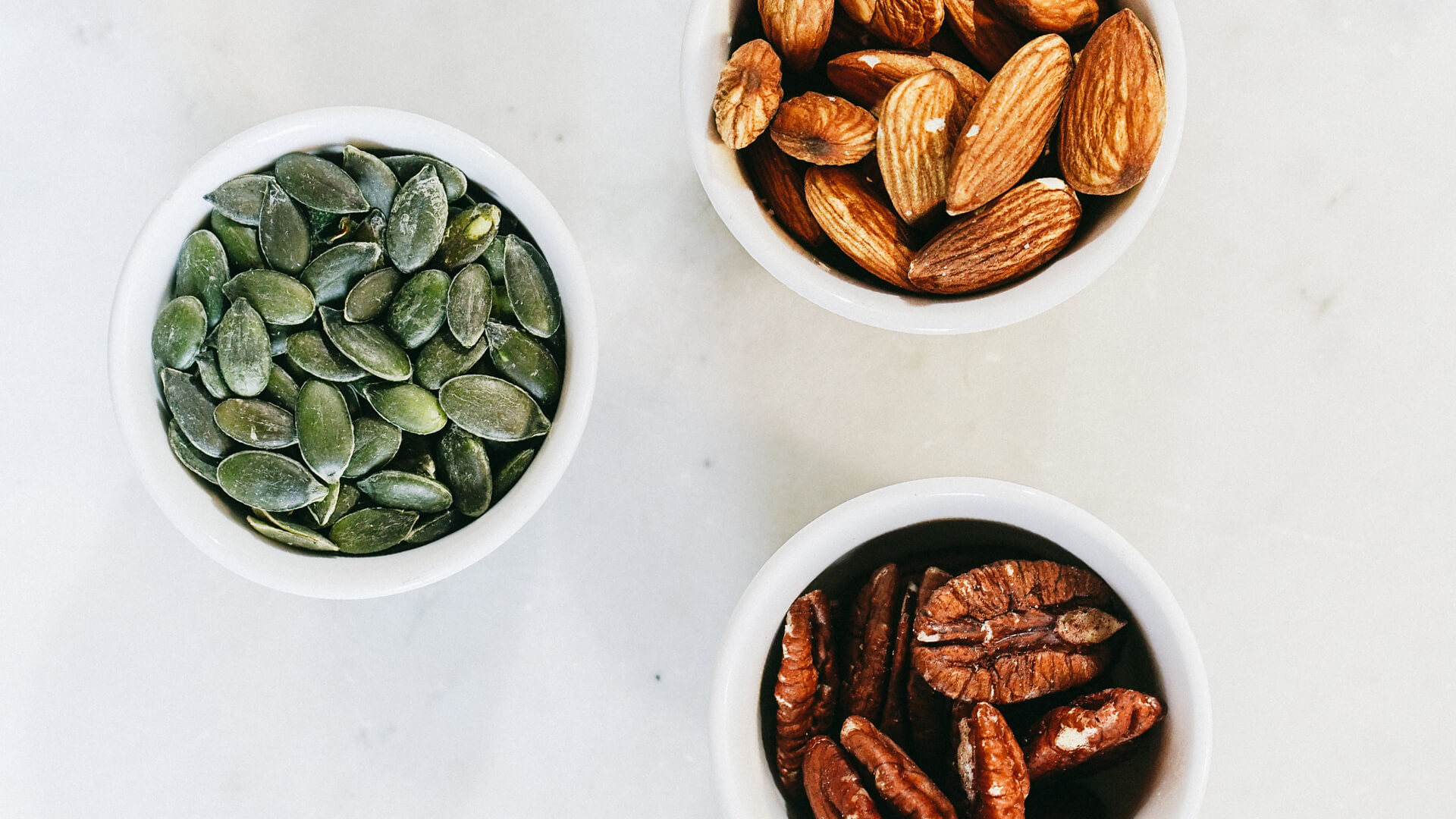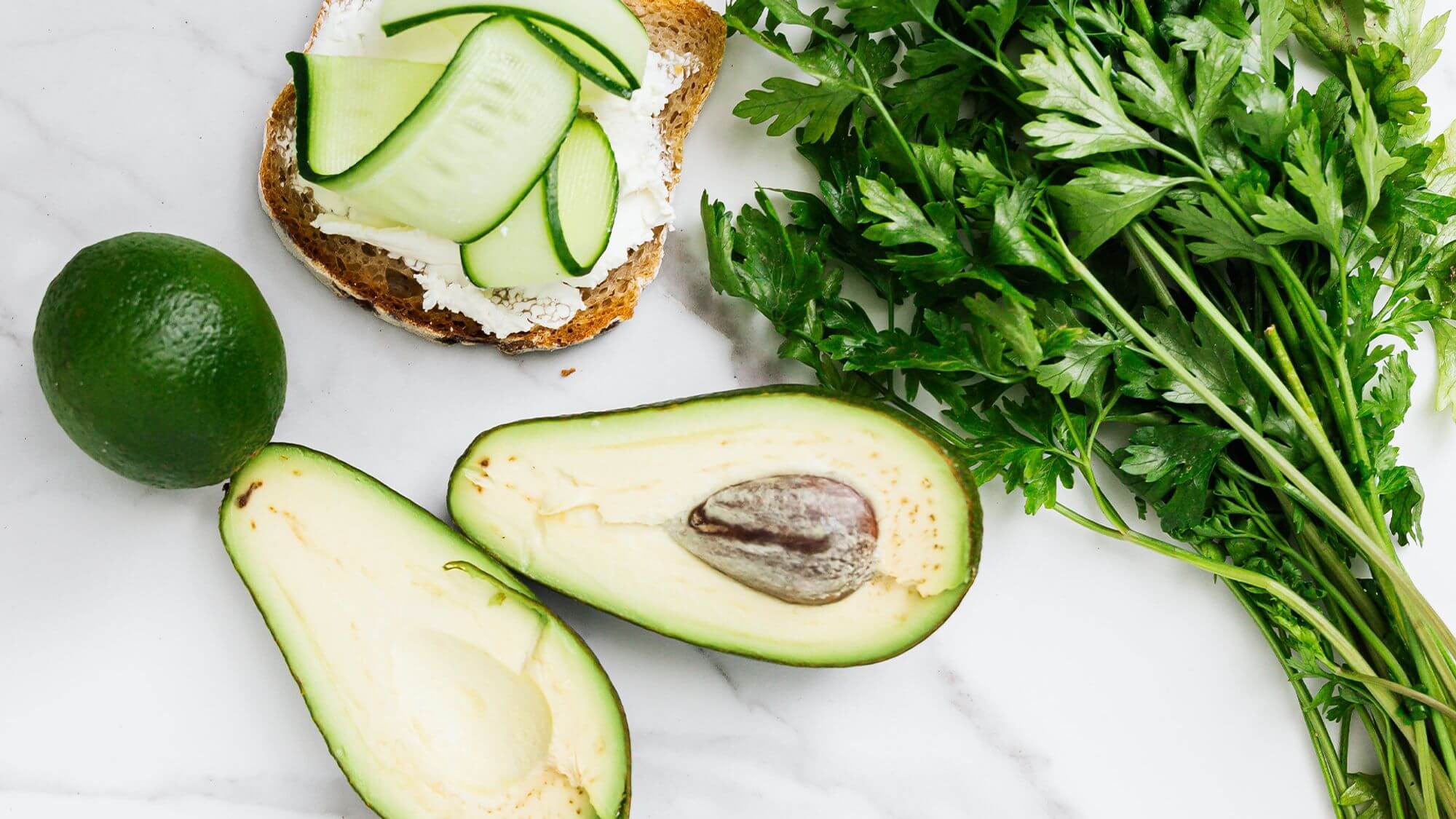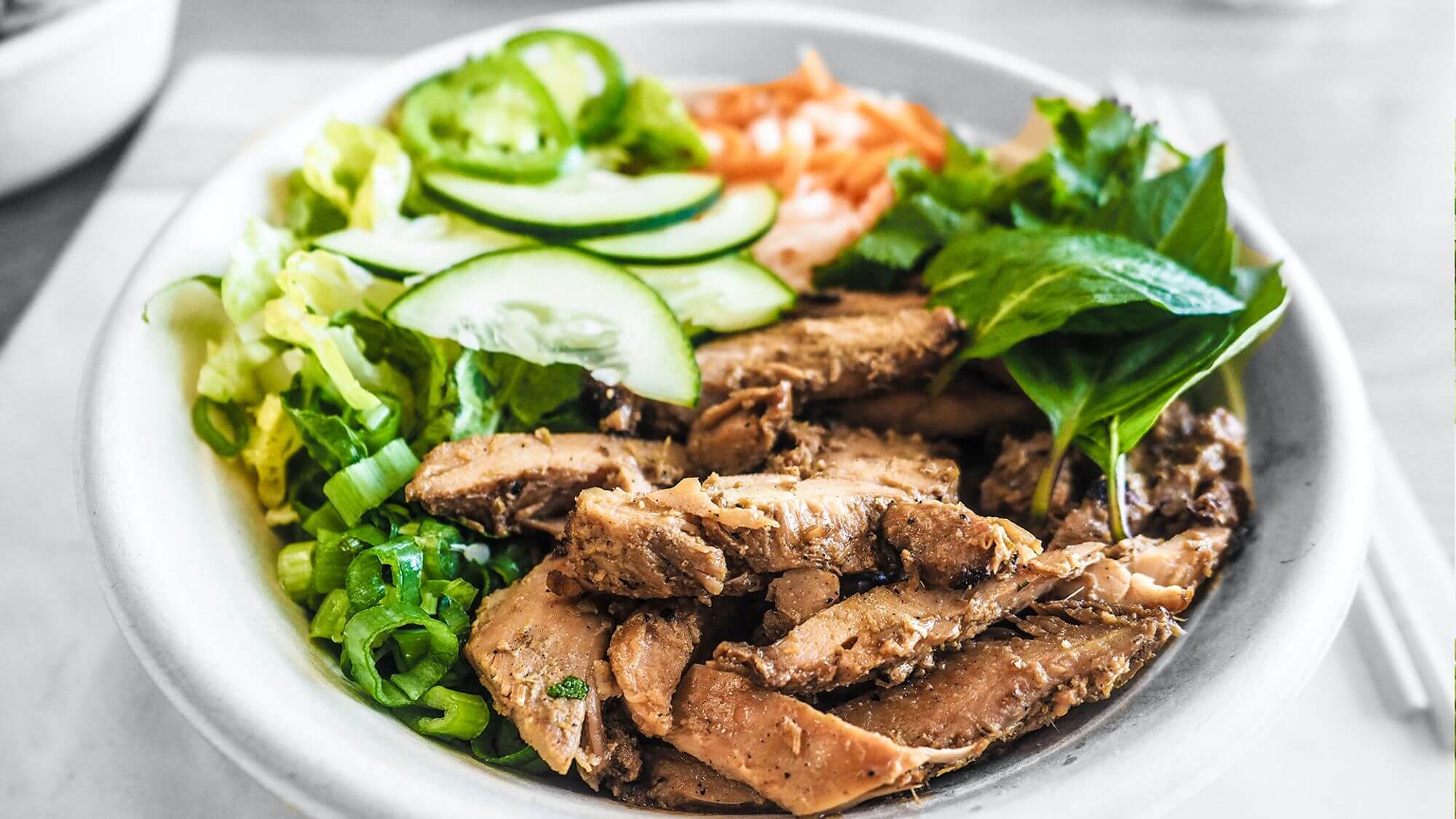Your gut microbiome has a part to play in almost everything: digestion, immunity, energy levels, and even your mood. When it’s balanced and diverse, you feel it. When it’s not, things like bloating, brain fog, or sluggishness often creep in.
What you eat and how you live each day have a big say in how those microbes behave. Research shows that people with a more diverse gut microbiome tend to feel better overall and have stronger immune systems, steadier energy and fewer digestive issues.
If your gut’s been feeling a bit off lately, the good news is that it doesn’t take much to get things back on track. We’ll walk through simple lifestyle tweaks and gut-friendly foods to some of the best supplements known for giving your microbiome a helping hand when it needs an extra boost.
Why gut microbiome matters
Your gut microbiome comprises trillions of bacteria, fungi and other microbes living in your digestive tract. While that might sound unsettling, most of them are working hard to keep you healthy.
Your gut microbes are busy multitaskers, helping to break down food, absorbing nutrients and acting as a defence system against anything your body doesn’t want hanging around.
In fact, around 70% of your immune system is located in the gut, so keeping it balanced is essential if you want to feel your best. Microbes even play a role in producing mood-regulating chemicals, and 90% of serotonin (the happy hormone) is found in the cells lining your gastrointestinal tract.
When your gut microbiome is out of sync due to poor diet, stress, or other lifestyle factors, it can lead to bloating, fatigue, poor immunity, inflammation and long-term digestive issues. A disrupted microbiome may also increase the risk of serious conditions like type 2 diabetes, obesity and depression.
How to improve your gut microbiome
Your gut microbiome changes daily and seasonally based on what you eat, how you sleep, how much you move and how stressed you feel. That means that even if it’s not in the best shape right now, it can improve quickly, with research showing that your gut bacteria start to shift within just a few days of making positive changes.
Small things like eating more fibre, getting enough rest, or simply diversifying your meals can help create a healthier, more diverse gut environment. One study even found that people who eat 30 or more different plant-based foods each week have better microbial diversity than those who eat fewer.

With no ultra-processed ingredients, our meals are cooked fresh twice a week. Enjoy meals like our Chimichurri Vegan Steak Strips today. Find out more
Best foods to improve gut microbiome
What you eat directly shapes the health of your gut microbiome. Certain foods support gut health and help friendly bacteria thrive, while others feed the less helpful ones or wipe them out altogether.
Here are some of the best foods that improve gut microbiome to include in your diet:
1. High-fibre foods
Fibre is the ultimate gut fuel. It passes through the digestive system undigested and becomes food for your beneficial bacteria. Diets high in fibre have been linked to increased microbial diversity, reduced inflammation, and a lower risk of colorectal cancer.
Ramp up your fibre intake by adding foods such as lentils, chickpeas, oats, berries and whole grains to your basket the next time you go to your weekly food shop. Frive meals often feature fibre-rich ingredients like quinoa, black beans and roasted vegetables.
2. Fermented foods
Fermented foods like yoghurt, kefir, sauerkraut, kimchi and miso contain live cultures (probiotics) that help introduce beneficial bacteria into your gut. Improving digestion, a 10-week diet high in fermented foods has been found to boost microbiome diversity and enhance immune function.
Adding just a small serving of fermented food to your meals a few times a week can support gut health. Look for products with live or active cultures listed on the label.
3. Whole foods
Highly processed foods tend to be low in nutrients and high in additives that can disrupt the gut. Whole foods, on the other hand, provide your microbiome with the variety of nutrients and fibres it needs to grow and stay balanced.
Focus on colourful fruits and vegetables, whole grains, legumes and minimally processed proteins. The more variety, the better. Eating a wide range of whole foods helps grow different strains of bacteria, and the more diverse your microbiome, the stronger it tends to be.
4. Nuts and seeds
Nuts and seeds are rich in fibre, healthy fats, and polyphenols—compounds that have been shown to support the growth of friendly bacteria and reduce inflammation. Almonds, walnuts, flaxseeds and chia seeds are all great options that are easy to toss into meals or to snack on throughout the day.
5. Polyphenol-rich foods
Polyphenols are natural plant compounds found in foods like berries, dark chocolate, green tea and olive oil. Brimming full of antioxidants, they’ve been shown to help good gut bacteria grow, while also supporting a more diverse and balanced microbiome.
These foods are especially helpful because many polyphenols aren’t fully digested until they reach the colon, where your gut bacteria break them down and turn them into beneficial compounds.
How to improve gut microbiome through lifestyle habits
Believe it or not, your daily habits play as big of a role in improving your gut health as what you put on your plate. Everything from how you move to how well you sleep can influence the balance of bacteria in your gut.
1. Manage stress levels
Your gut and brain are closely connected, and high-stress levels can send your microbiome into chaos. Linked to reduced bacterial diversity and increased gut sensitivity, chronic stress can lead to bloating and other digestive issues.
Incorporating regular downtime, mindfulness, or activities like yoga, journaling, or walking outside can help keep stress in check. Even something as simple as saying no more often and making time for yourself can support your gut and mental well-being.
2. Get enough quality sleep
Your gut needs rest just as much as you do. The gut and brain are in constant communication; when your sleep suffers, your gut often feels it too. When you don’t get enough good-quality, uninterrupted sleep, microbial diversity may drop, and inflammation can increase.
Aim for 7–9 hours of consistent, good-quality sleep each night. Creating a consistent bedtime routine, winding down without screens and keeping your evenings relaxed can help improve your sleep and give your gut a chance to reset, too.
3. Exercise regularly
Movement is one of the most underrated ways to improve gut microbiome health. Regular physical activity, even something as simple as a daily walk, has been shown to support microbial diversity and improve digestion.
By increasing blood flow in the digestive system, exercise also helps stimulate the gut muscles, which encourages food to move along the digestive tract. Breaking a sweat, therefore, supports regular bowel movements and reduces symptoms like bloating or sluggishness. The benefits aren’t limited to intense workouts either—gentle movements like yoga and pilates also count, with consistency being key.
4. Avoid unnecessary antibiotics and medications
Antibiotics are powerful tools, but they don’t discriminate between good and bad bacteria. Taking them too often, or when they’re not truly needed, can significantly disrupt your gut microbiome by harming healthy gut bacteria. In some cases, these changes can last for months or years after taking them.
If you’re prescribed antibiotics, always follow your doctor’s advice and consider incorporating daily probiotic supplements alongside your course of antibiotics or probiotic-rich, fermented foods afterwards to help rebuild your gut bacteria. Avoid overusing over-the-counter medications unless necessary, as some can affect gut balance over time.

Save 7 hours a week with Frive’s freshly made meal plan subscriptions. Find out more.
Supplements to improve gut microbiome
While food should always be your starting point for better gut health, supplements can offer extra support, especially if your diet is limited, you're recovering from antibiotics, or you're managing ongoing digestive issues.
Want to give your gut a fresh start? A three-day gut cleanse can help kickstart microbial balance naturally.
1. Probiotics
Probiotics are 'good' live bacteria and yeasts that can help restore and maintain the balance of your gut microbiome. You'll find them naturally in fermented foods like kefir and yoghurt, but they're also available in capsule or powder form. Certain strains have been shown to reduce symptoms of IBS, improve immunity and support the gut after a course of antibiotics.
When choosing a probiotic supplement, look for one with a wide variety of strains and a high CFU (colony-forming units) count. As each probiotic species has a different effect on the body and gut, it's best to select a product tailored to your specific concern, whether that's digestion, immunity, or general gut support.
2. Prebiotics
Prebiotics are a type of fibre that feeds your beneficial gut bacteria. Unlike probiotics, they’re not live cultures, but they do create the perfect environment for good microbes to grow and thrive. You’ll naturally find prebiotics in foods like garlic, onions, oats and bananas. However, supplements can help boost your intake as and when needed.
When broken down, prebiotics create short-chain fatty acids that improve metabolic health and aid in reducing inflammation as well as better absorption of vital minerals like calcium and magnesium. Supplementing with prebiotics has been shown to improve microbial balance by giving beneficial gut bacteria the nourishment they need to grow.
3. Synbiotics
Synbiotics combine both probiotics and prebiotics into a single supplement. By encouraging the growth of our own unique, friendly bacteria populations, synbiotics may be more effective than probiotics alone, especially when it comes to restoring balance after antibiotics or digestive upset.
Thanks to their 2-in-1 action, synbiotics can be particularly helpful for people who need gut support but struggle to get enough fibre-rich foods in their diet.
4. Digestive enzymes
Digestive enzyme supplements help your body break down food more efficiently, which can ease bloating, gas, or discomfort after eating. They might not change your gut bacteria directly, but they can help your body absorb nutrients more effectively and take some of the pressure off your digestion, supporting a healthier gut environment.
Digestive enzymes may be particularly helpful for those with digestive disorders or food intolerances but should be used under the guidance of your local GP or healthcare provider.
Small habits, big impact: How to improve your gut microbiome health
Improving your gut microbiome starts with the everyday things, such as eating more fibre, adding fermented foods, staying active, eating well and managing stress. Supplements like probiotics and prebiotics can offer extra support in creating a more balanced and diverse gut, but long-term gut health is built on simple habits and a varied, nourishing diet.
If you're ready to improve your gut microbiome without the stress of meal planning, Frive's chef-prepared meals are a great place to start. Packed with whole, fibre-rich ingredients and made fresh without ultra-processed extras, they're designed to keep your gut—and the rest of you—feeling good.
Explore our gut-friendly meals and take the first step toward a healthier, happier microbiome.
FAQs
What is the fastest way to heal the gut microbiome?
There’s no instant fix, but the gut microbiome can start to shift in just a few days with the right changes. Eating a wide variety of plant-based, fibre-rich foods, cutting out ultra-processed ingredients, and adding fermented foods like yoghurt or sauerkraut can quickly support microbial balance. Small but simple lifestyle changes, like getting enough quality sleep, managing stress and staying active, can also speed up the healing process.
How to improve gut microbiome naturally?
To naturally support a healthier gut microbiome, start by eating more whole, unprocessed foods, like vegetables, legumes, whole grains, nuts and seeds. These are packed with fibre, which feeds the good bacteria in your gut. Fermented foods like yoghurt, kimchi and kefir can introduce more beneficial microbes, while regular exercise, proper sleep and stress management all help keep your gut in balance. Cutting back on alcohol, added sugar and unnecessary medications, such as antibiotics when they aren't really necessary, can also go a long way in protecting your microbiome.
What is a 7-day gut reset?
A 7-day gut reset is a short-term plan designed to reduce uncomfortable gastric symptoms and boost your microbiome by cutting out inflammatory or processed foods and focusing on gut-friendly meals. These plans usually include plenty of fibre, fermented foods, lean proteins and hydration, alongside habits like better sleep and movement. While a 7-day gut reset won’t completely “reset” your gut, it can help reduce symptoms and kick-start healthier habits.
Can I improve my gut health while trying to lose weight and gain muscle?
Absolutely. In fact, improving your gut health can make it easier to absorb nutrients and recover from exercise. A balanced microbiome can support metabolism, reduce inflammation and even improve body composition. Here's how to lose weight and gain muscle while keeping your gut in top shape.
Does my gut health affect how many calories I need to gain muscle?
Yes. If your gut isn’t absorbing nutrients properly, it can affect how efficiently you gain muscle, even if you're eating in a calorie surplus. Learn how many calories you need to gain muscle and why good digestion matters.
How does gut health impact muscle recovery?
Your gut helps absorb the nutrients needed for repair and recovery after workouts. An unhealthy gut may reduce how effectively your body processes protein and anti-inflammatory nutrients. Improving your microbiome can help you recover more effectively and reduce soreness.
Should I change what I eat after a workout to support gut health?
Yes. Choosing easily digestible, anti-inflammatory foods can help your body recover and reduce bloating or discomfort post-exercise. Here’s what to eat after a workout to support both recovery and your gut.



